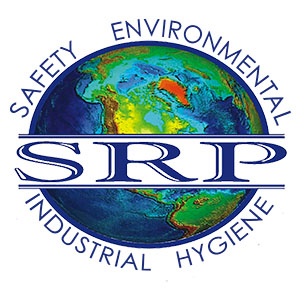An Environmental Site Assessment (ESA) is often required by banks, real estate companies, finance companies or insurance companies when a company or individual wants to purchase a piece of agricultural or commercial property. The purpose is to ensure that they do not buy property that could become listed on a state super-fund list or require costly remediation. A state super-fund list is a list of polluted locations requiring a long-term response to clean up hazardous material contaminants.
A Phase 1 ESA evaluates the current and historical conditions of the property, and to identify recognized environmental conditions that may impose an environmental liability on the owners. Even though it is a requirement, a Phase 1 ESA offers many benefits to the prospective buyer or owner.
Here are a few benefits to requesting a Phase 1 ESA:
- Avoid Costly Remediation and Clean Up Expenses. Let’s say that you have a piece of property you are looking to sell. The buyer performs his or her due diligence and obtains a Phase 1 report. It turns out that underground storage tanks were present at one point and a leak occurred. Now, as the owner, you are responsible for obtaining soil samples and possibly paying for costly clean up. Clean up costs can start at $5,000 and go up to $500,000. If you had done your due diligence, you would have found out about the history of the property before you purchased it, thus holding another party liable.
- Protect Your Investment. Land or commercial property is not a cheap investment. If a Phase 1 indicates that a piece of property you are looking to invest in contains contaminants that need to be remediated, you may want to reconsider. Or you may want to incorporate the cost of clean up into the selling price.
- Make an Informed Buying Decision. Buying a piece of property with contaminated soil or that has had a spill is not a smart decision. A Phase 1 informs you of any issues a piece of property may have. It’s similar to getting an inspection on a house before you buy it. You don’t want to inherit costly problems caused by a former owner.
- Learn the History of the Property. It can be interesting to learn all the facts of a piece of property. For some, it’s intriguing to know what used to stand on that property. Who knows, you might learn that the site was part of a historical event.
If you have questions about what an Environmental Site Assessment is or if you should request one, contact SRP Environmental at (318) 222-2364. We have convenient locations in Texas, Louisiana, Colorado, Pennsylvania and Hawaii. We also travel to other areas if needed.

 ">
">
 ">
">